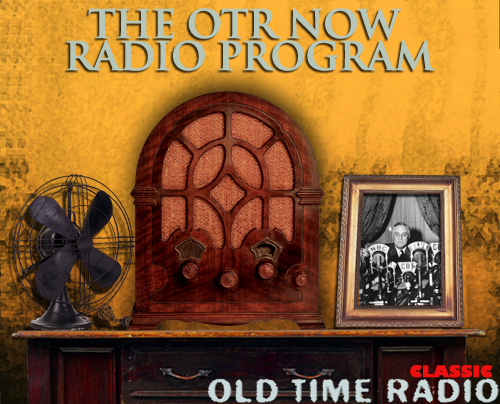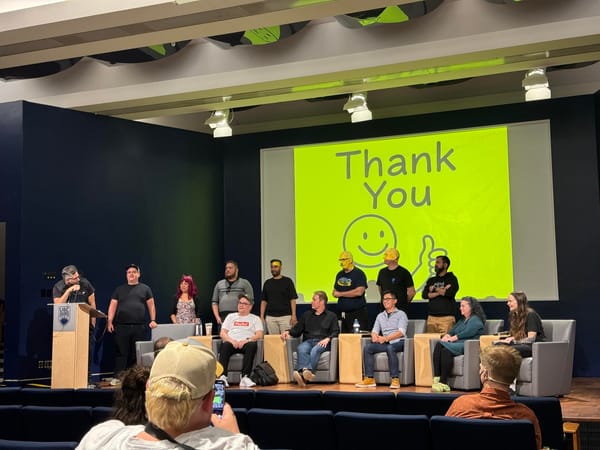For the Love of Old Time Radio
These days, radio is treated as a has-been. At one time, though, radio was powerful. A streaming service provides a window to the past.

When I started dating my wife, she turned me on to an unusual habit of hers: she regularly listens to old radio shows online. Due to her tinnitus, she often uses it as a kind of white noise when she goes to bed at night.
The more time we've spent together, the more I've enjoyed listening. In addition to getting a window into the culture of the past, I've been exposed to a lot of really phenomenal shows. Radio Mystery Theater, Suspense, Yours Truly, Johnny Dollar, The Whistler, and Boston Blackie are just a few highlights in a pantheon of fantastic stories.
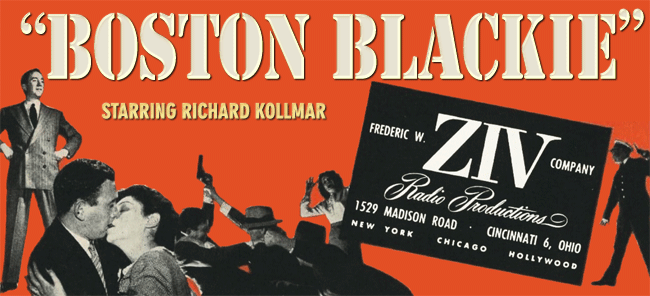
OTRNow is free internet streaming service that operates entirely on donations. The platform curates four different channels, with content pulled from Archive.org and meticulously categorized and studied:
- Crime Time: Detective mysteries, noir, murder, and criminals.
- American Legend: Historical broadcasts, Western stories, war stories, biographies.
- Amazing Tales: Weird stories covering science fiction, fantasy, and horror.
- OTRNow Radio Program: A medley of programs available on the other three channels.
The project is supported by Patreon donations, and offers a few really cool perks, such as playlists, extra content, the ability to download from a massive curated archive, and more. It's an amazing project, and I highly recommend checking it out.
Theater of the Mind
Prior to the mass adoption of film, television, and the Internet, radio served as an extremely popular medium for decades. Compared to more contemporary formats, radio was unique in that all media produced for it lacked visual content. To get the most out of any story, listeners needed to imagine the visual details themselves. This led to many people describing the medium as "a movie in your head".
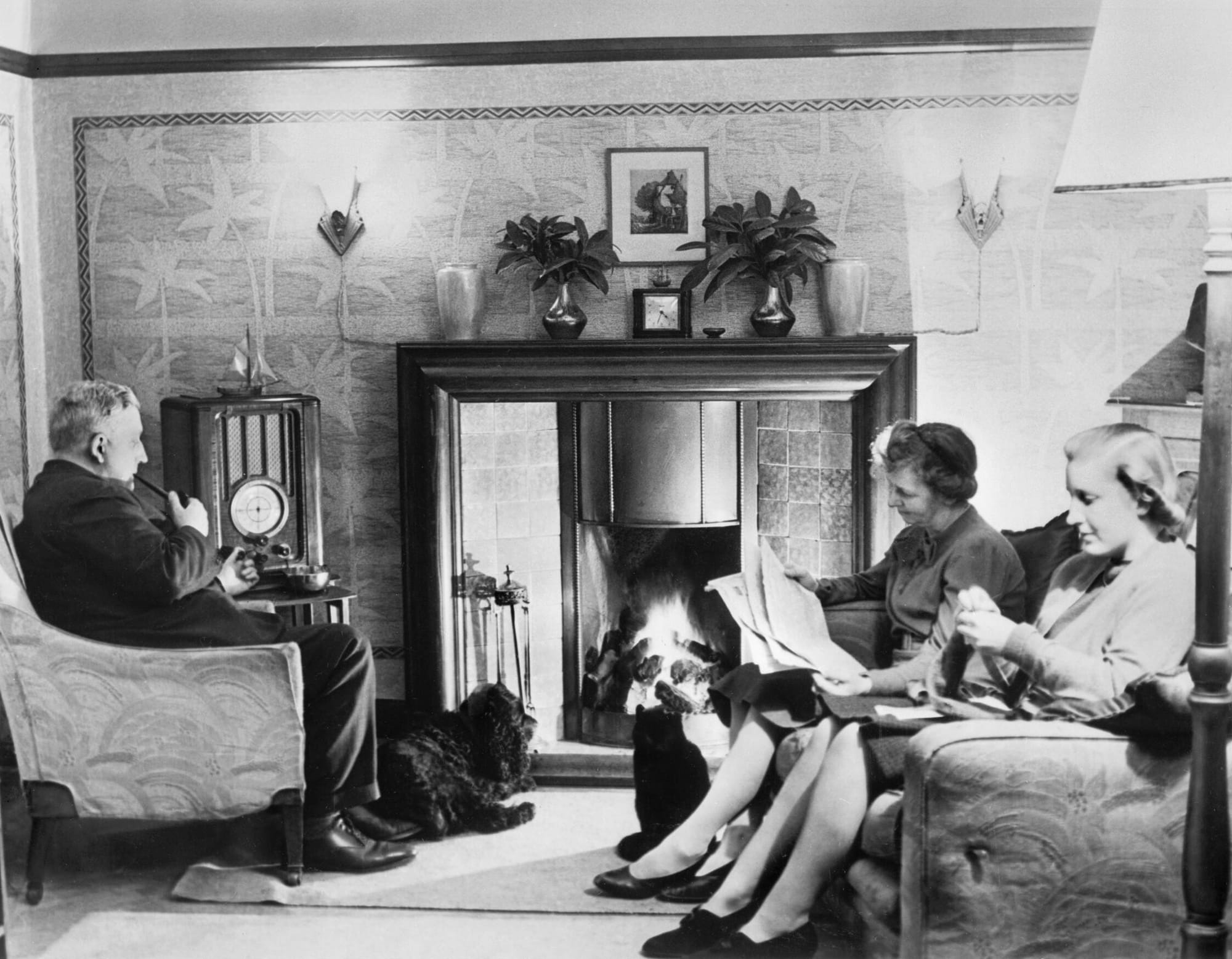
In a lot of ways, these programs resemble audio books with a full cast, or serialized podcasts consisting of plays. They're lively, surprising, and often a rich combination of disturbing and hilarious. Some programs, such as I Was A Communist for the FBI, are extremely anvilicious. They pound you over the head with moral values, due to the strict requirements of the Hays Code.
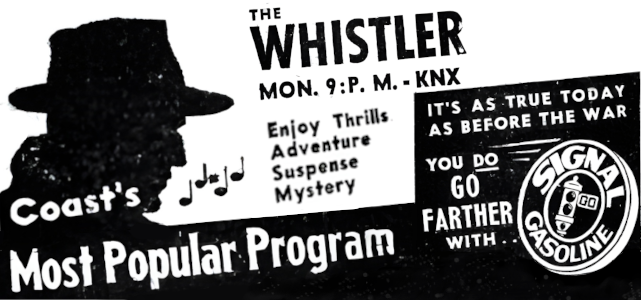
If you're not familiar with the Hays Code, it was a series of censorship provisions applied towards films, television shows, and radio dramas from 1934 to 1968. In addition to a laundry list of requirements, one key aspect required that criminals depicted in media were not allowed to get away with their crimes. This was extremely restrictive for writers, but many managed to creatively work around it. The Whistler, for example, is famous for incorporating ironic twists at the end of every episode, where the criminal protagonist has their plot blow up due to an overlooked detail.
Other Cool Tidbits
Although this content is sourced from Archive.org, and therefore in varying different states of editing, one really cool aspect is that episodes sometimes still include news broadcasts and commercials from the day they aired. The result is a unique insight to the culture and media of the day.
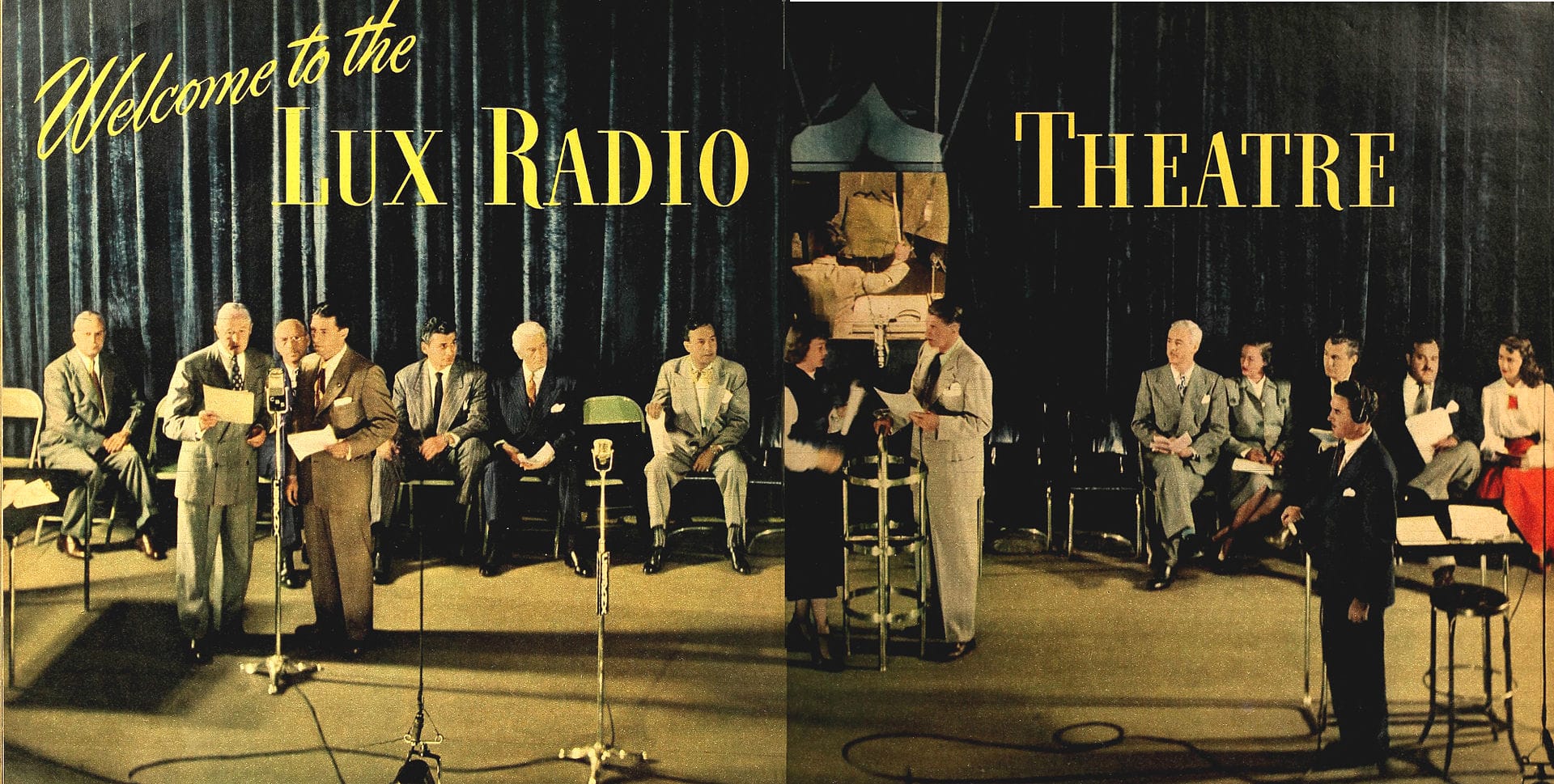
Many early programs were directly sponsored by corporations as an advertising mechanism, leading to brief advertisements and name-drops in the beginning, middle, and end of the episode. Usually, these programs would include the company's name in the title, like Lux Radio Theater, and casually mention the name-brand product in the closing remarks of the show. Often, a two-minute advert would be brought up during the intermission.
There's a lot of classic jingles for brands like Pepsi, Mountain Dew, Camel Cigarettes, and Kreml Hair Tonic. In accordance with the times, the cigarette ads, which usually sponsored copaganda shows like Dragnet, would make claims about how certain cigarette brands did not cause harm to the nose, mouth, or throat of anyone who smoked them.
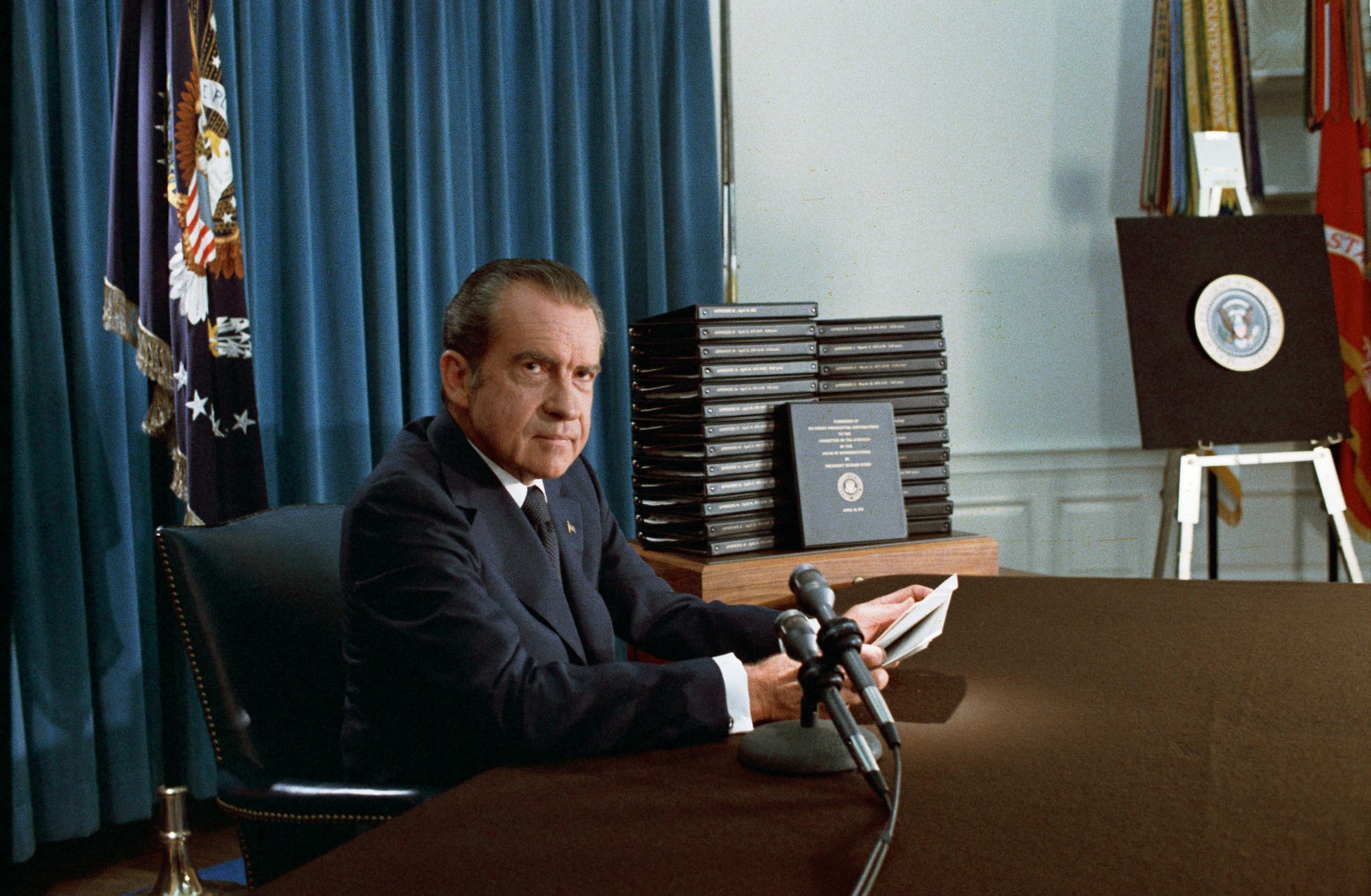
What's also really interesting is the inclusion of high-profile news casts, from the vantage point of people reporting on events as they were happening. More than a few programs included references to various events leading up to Richard Nixon's resignation after the Watergate Scandal, with commentators mulling over what was happening. There are also some interesting broadcasts referencing Pearl Harbor, the end of World War II, and the JFK assassination.
In Conclusion
I highly recommend giving OTR Now a shot. It's an amazing way to dig into history, you gain a ton of interesting points of cultural reference, and a lot of the shows are straight-up bangers. When I first started listening, I was worried that these were going to be mind-numbingly boring, but was very pleasantly surprised.
Check it out!
This project is entirely supported by community donations. It's a labor of love, and frankly an amazing effort that's absolutely worth supporting.


